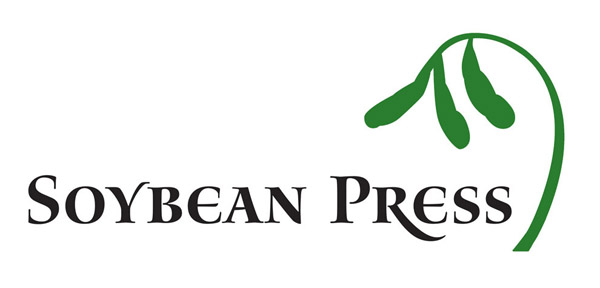Benefits of soy
There is no denying that soy has many health benefits. These health benefits are mainly coming form the quality of the soy proteins and form the isoflavones genistein and daidzein. These are the main health benefits of soy:
 Soy improves bone health Soy products, such as soy milk, do not contain a lot of calcium but the soy isoflavones may help to reduce the osteoporosis risk. Several studies have suggested that soy isoflavones may be a factor in helping to prevent bone loss. The isoflavone genistein seems to inhibit bone breakdown and may have similar effects than estrogens in maintaining bone tissue. Soy can also indirectly improve bone health. Diets which are high in animal protein cause more calcium to be excreted in the urine. Replacing animal protein with soy protein may help to prevent calcium loss from the bones.
Soy improves bone health Soy products, such as soy milk, do not contain a lot of calcium but the soy isoflavones may help to reduce the osteoporosis risk. Several studies have suggested that soy isoflavones may be a factor in helping to prevent bone loss. The isoflavone genistein seems to inhibit bone breakdown and may have similar effects than estrogens in maintaining bone tissue. Soy can also indirectly improve bone health. Diets which are high in animal protein cause more calcium to be excreted in the urine. Replacing animal protein with soy protein may help to prevent calcium loss from the bones.Soy relieves menopausal symptoms
Epidemiological data show that Asian women suffer less from hot flashes and night sweats compared to Western women. These symptoms of menopause are caused by low estrogen levels. Estrogens play a role in the body temperature control. Soy isoflavones can through their estrogen-like effect control these menopausal symptoms.
Soy reduces risk for heart diseases
In countries were soy products are ingested regularly, the rates of cardiovascular diseases is low. Research suggests that soy may help to prevent heart disease by reducing total cholesterol, low density lipoprotein cholesterol and preventing plaque buildup in the arteries, which could lead to stroke or heart attack. These health benefits are also mainly attributes to the soy isoflavones. The soy isoflavone genistein may also increase the flexibility of blood vessels.
Soy helps to prevent certain cancers
Several studies have indicated that a regular intake of soy foods may help to prevent hormone related cancers such as breast cancer, prostate cancer and colon cancer.
Soy is very nutritive
Soy products such as tofu, tempeh and soy milk are very rich in protein. This protein is of very high quality because it contains all essential amino acids. The amino acids of soy combine very well with the amino acids of cereals. The soy protein is therefore very important for vegans.
Soy is a good source of lecithin and vitamin E. These natural antioxidants prevent oxidation of LDL cholesterol. Soy is rich in magnesium, which plays an important function for the bones, heart and arteries.





